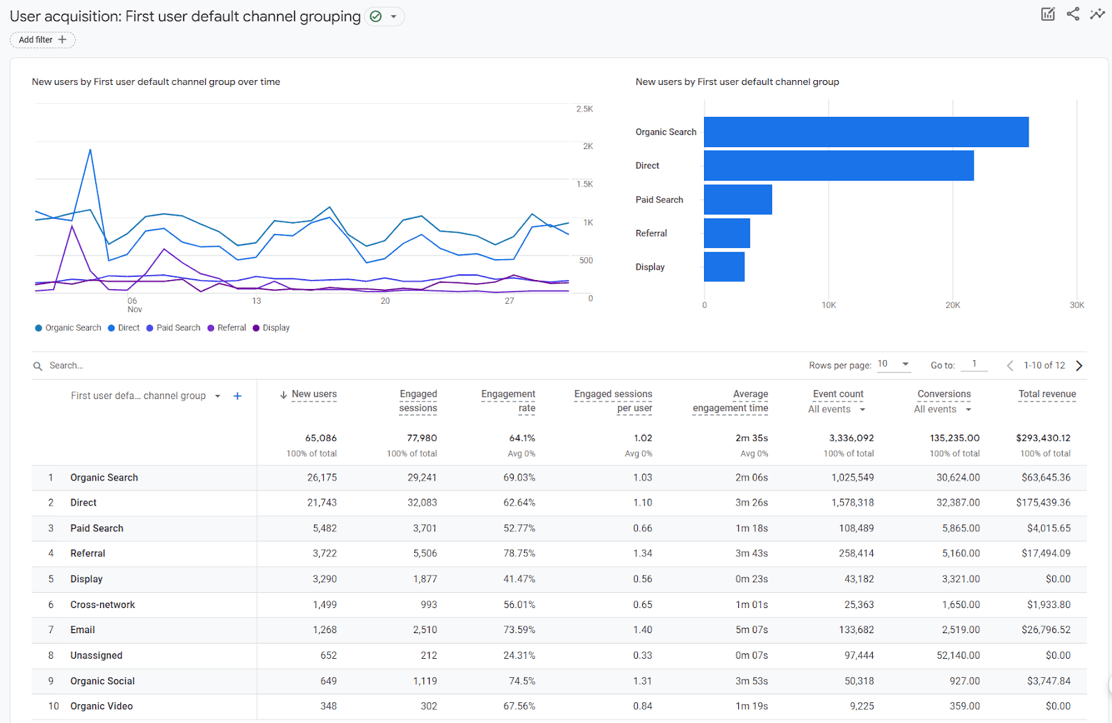UTM parameters are critically important in digital marketing analytics because they enable precise tracking, measurement, and attribution of traffic and conversions from various marketing campaigns. They provide detailed insights into which sources, mediums, campaigns, and content drive user engagement and conversions, allowing marketers to optimize their strategies and budget allocation effectively.
Key points on the importance of UTM parameters include:
-
Accurate Campaign Attribution: UTM parameters identify the exact source (e.g., Google, Facebook), medium (e.g., email, CPC), and campaign name, enabling marketers to attribute website traffic and conversions accurately to specific marketing efforts. This clean attribution is essential for understanding campaign effectiveness and justifying marketing spend.
-
Detailed Performance Insights: By tagging URLs with UTM parameters, marketers can analyze which campaigns, channels, or even specific ads or links (using utm_content) generate the most traffic and conversions. This granular data supports data-driven decisions to enhance or discontinue campaigns based on performance.
-
Understanding Customer Journeys and Intent: UTM data helps marketers map detailed customer journeys by revealing how prospects interact with different campaigns and channels. This insight into customer intent allows for more targeted marketing strategies, such as personalized follow-ups or drip campaigns, to accelerate conversions.
-
Optimization Across Channels: UTM parameters are used across digital marketing channels including social media, email marketing, paid ads, and more. This cross-channel tracking helps marketers compare performance and allocate budgets to the most effective channels.
-
Support for Advanced Analytics Tools: UTM parameters integrate seamlessly with analytics platforms like Google Analytics (including GA4), enabling automated parsing and reporting of campaign data. This integration simplifies the analysis of marketing ROI and user behavior.
The five standard UTM parameters are:
| Parameter | Purpose | Example |
|---|---|---|
| utm_source | Identifies the traffic source (e.g., google, newsletter) | utm_source=google |
| utm_medium | Identifies the marketing medium (e.g., cpc, email, social) | utm_medium=cpc |
| utm_campaign | Names the specific campaign or promotion | utm_campaign=summer-sale |
| utm_term (optional) | Tracks paid search keywords | utm_term=camping-gear |
| utm_content (optional) | Differentiates ads or links within the same campaign (useful for A/B testing) | utm_content=cta-bottom |
In summary, UTM parameters are indispensable for measuring the impact of digital marketing campaigns, enabling marketers to track user behavior, attribute conversions accurately, optimize marketing spend, and ultimately improve campaign ROI.





